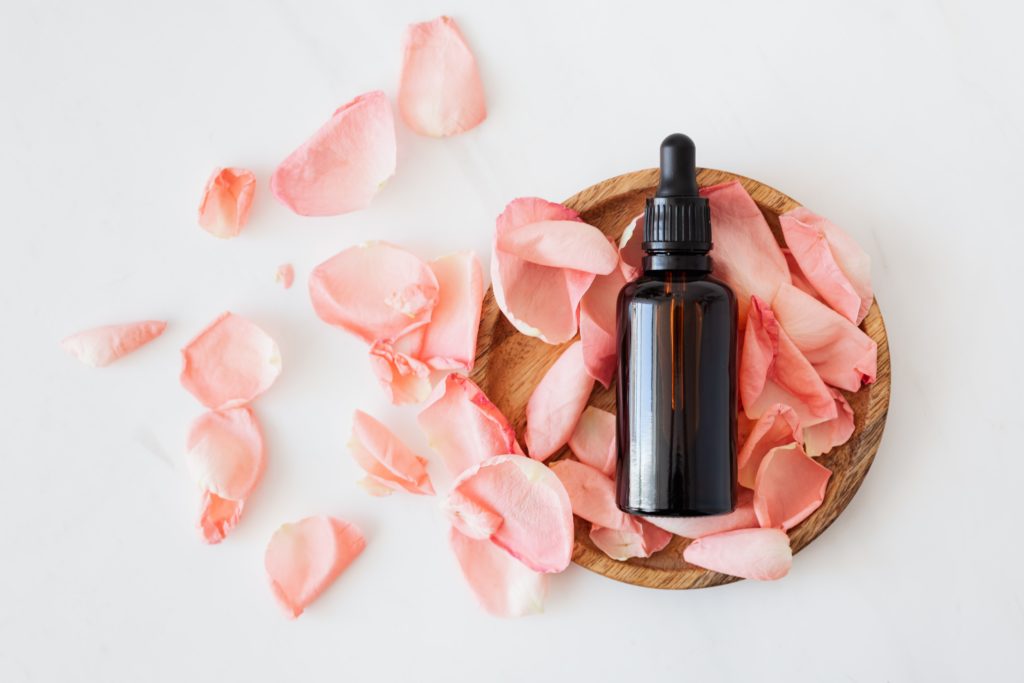
Why does your favorite cream no longer moisturize and the toner does not give you a feeling of freshness? We will tell you in the material. Even after long attempts to establish a relationship with a new product and the first results of regular care, we often abandon our favorite product in favor of another – more effective at the moment. Those whose shelves are lined with half-used containers of their favorite funds will understand perfectly what this is about. While the skincare market offers many temptations, there is another problem: Over time, our favorite products become less effective. The term “tachyphylaxis” originally meant skin tolerance to topical steroids, but experts have also found that the term extends to other ingredients that are present in our daily care. “Tachyphylaxis is the development of addiction to the agent you are using, whereby you need more and more of a particular active ingredient to achieve the same results,” says Dr. Hiba Injibar. “This phenomenon is common with steroid creams for psoriasis or eczema, but also manifests itself also when using such active ingredients as retinol or salicylic acid ”. Dermatologists often advise adding the active ingredients to your daily skincare routine slowly and slightly so that your skin has time to adapt. But how to determine the moment of maximum effectiveness of the product? Skin expert Debbie Thomas believes that despite the assumption that the products stop working, the real reason lies in the fact that the skin is just getting used to it. “We spend months building a retinol tolerance, and once the redness and flaking wears off, we celebrate and get upset at the same time, because we can’t increase the percentage of retinol in the care. This is not a sign that retinol is ineffective, but a signal that the skin is stronger and better performing its natural function. Although we want cosmetics to help improve complexion, they are only able to do so to a certain extent, since their role will then only be to maintain the achieved result. Your skin will not thank you for drastic changes, as it loves consistency and routine care. Usually the recommendation to increase the percentage of active ingredients is due to the fact that it is a more gentle way of adapting the skin to potentially irritating (but stimulating) ingredients. ” For the most impatient of us, the instant radiance effect is enough to keep coming back to the product again and again. But when our expectations are not met, the words from the song by Ariana Grande come to mind: “Thank you, next”. This view is supported by a recent study that found that 29% of women in the UK change their skin care products about once a month.
“On average, the skin renewal cycle lasts five to six weeks. The “before” period means that new cells have not yet had a chance to mature, rise to the surface and fall off. Therefore, I always recommend that you wait at least six weeks before changing your cosmetics. You will not see the effect until this cycle is complete, ”says Dr. Hiba. While six weeks is plenty of time to figure out which cleanser or moisturizer is right for you, Thomas recommends giving more time to ingredients like retinol and peptides. “It takes about nine months for the effects of these ingredients to be noticeable enough,” says Thomas. Interestingly, the way we store our beauty products also affects their effectiveness. “Where we store our cosmetics can definitely affect their effectiveness,” explains facial specialist Chelsea Lewis. “Exposure to direct sunlight can heat and destroy active ingredients. It is for this reason that many brands use opaque packaging that blocks UV rays. Skin care products are somewhat similar to food – when exposed to sunlight or oxygen, they lose some of their nutritional properties and become less effective.
Try to store your skin care products in a cool, dry and dark place to slow the breakdown of some ingredients. This is especially true for retinol and vitamin C, the latter of which is very unstable and degrades quickly when exposed to oxygen and light.” Aside from storage and patience, there is another important reason skincare products can be ineffective – it’s just not what your skin needs. “Our skin changes with age, hormones and seasons, so it makes sense from time to time to assess whether a product really suits your needs,” says Thomas. “What you used in the winter may have to be put off in the summer, or what you used in your 30s may not work for you in your 40s. You may also find that your skin tends to have pigmentation and breakouts during your period, even if your skincare routine remains the same. Finally, some products can be ineffective for the simple reason that you mix incompatible ingredients that simply neutralize each other. For example, we know that vitamin C and niacinamide do not work well together. ”




